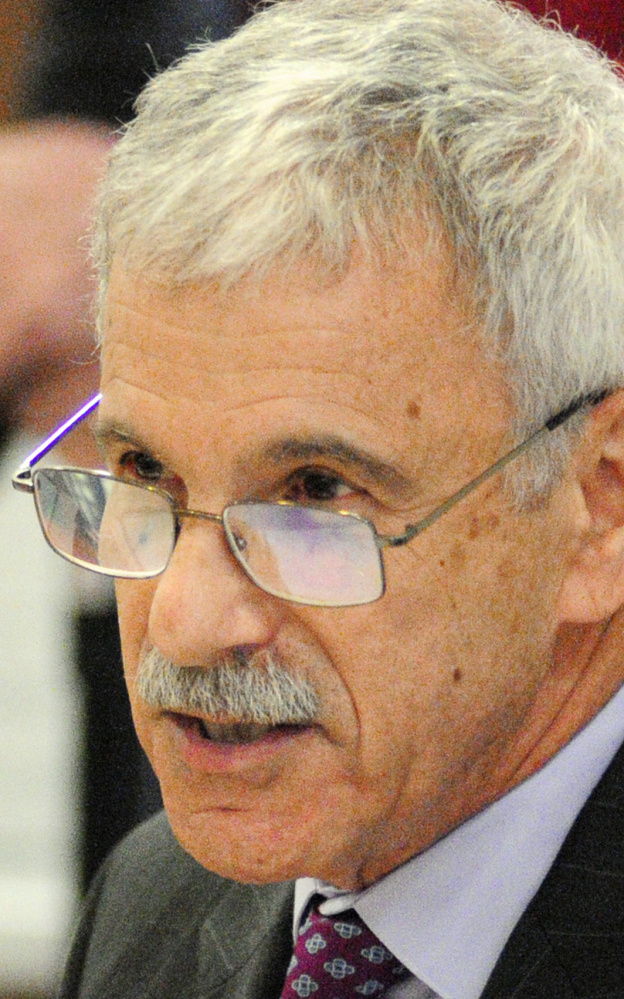AUGUSTA — Lawmakers are looking for public feedback on how to proceed with the many complicated aspects of marijuana legalization.
On Tuesday, a special committee charged with facilitating Maine’s transition into a legal marijuana marketplace will hold a meeting to hear public comments on the process. The 17-member Committee on Marijuana Legalization Implementation was created to help guide state agencies that will craft the rules and regulations around the industry, as well as to review the dozens of marijuana-related bills pending in the Legislature.
The meeting – at 1 p.m. in Room 216 of the Cross Office Building in Augusta – is not a formal public hearing because the panel is still in the information-gathering stage. But its leaders said they wanted to gather feedback before beginning a review process expected to last into the summer.
“We want to hear from stakeholders and members of the public on a wide range of questions including how to best protect public safety, how to regulate growers, producers and sellers, how to tax the substance, how the law will affect the workplace and more,” Sen. Roger Katz, R-Augusta, said in a statement.
“Now that the referendum to legalize marijuana in Maine has passed, the goal of the Joint Select Committee and the entire Legislature is to make sure we implement its legalization in the most responsible manner possible; hearing from stakeholders is one of the first steps in this important process,” Rep. Teresa Pierce, D-Falmouth, said in a statement.
Maine voters legalized recreational marijuana by a slim margin in November, joining seven other states plus the District of Columbia to end prohibitions on adult use of the drug. As of Jan. 30, adults age 21 and over can now legally possess up to 2.5 ounces of marijuana and up to six adult plants. Marijuana use is only legal in a private setting.
The ballot initiative approved by voters also sets up a process for retail sales of marijuana. However, the Legislature delayed the effective date of that part of the legalization measure until at least February 2018 in order to give state agencies time to draft rules and regulations regarding licensing, sales and enforcement. Lawmakers and state officials will also have to set standards to allow police to better enforce driving under the influence laws for marijuana.
Marijuana remains illegal under federal law, however, and it is unclear how the new Trump administration will interact with states that have legalized the drug. Last week, White House press secretary Sean Spicer said he expects states to be subject to “greater enforcement” of federal laws against recreational marijuana use and Trump’s new attorney general, former Alabama Sen. Jeff Sessions, is a vocal opponent of marijuana legalization.
However, the administration has not provided details. And the lack of specifics is causing further uncertainty among law enforcement and some legalization advocates in Maine.
Kevin Miller can be contacted at 791-6312 or at:
Twitter: KevinMillerPPH
Send questions/comments to the editors.





Comments are no longer available on this story